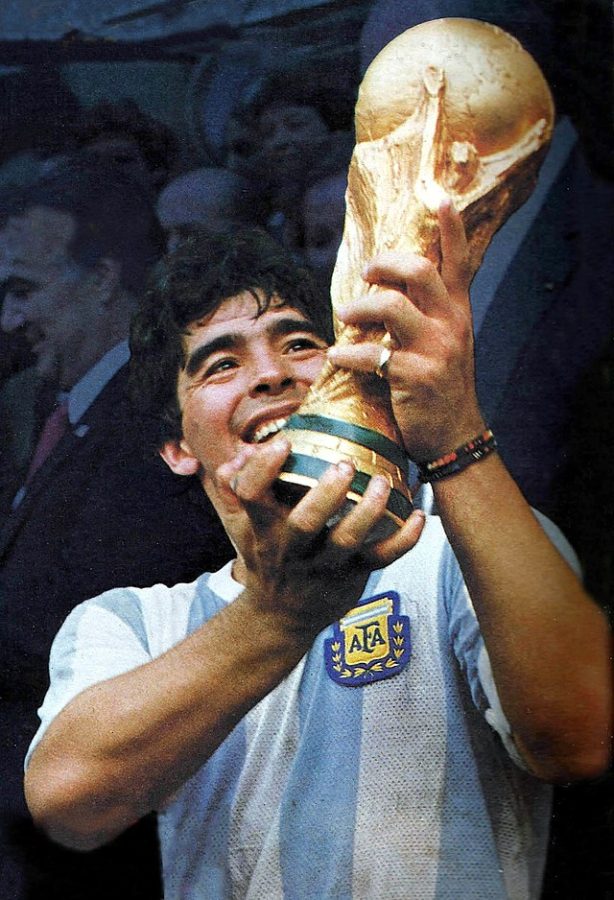Taking shots or shooting up?
Some of the most significant athletes to do drugs
November 17, 2022
Athletes have been trying to improve their performance with drugs and other stimulants since the dawn of competition. If there is a leg up someone can get on their opponent, then someone is going to take it.
Perfomance enhancing drugs allow athletes to accomplish amazing feats such as throwing further, lifting more and running faster.
The more significant issue is when the athletes get caught doing so in formal competitions.
For example, Tyson Gay, a U.S. track and field sprinter who competed in the 2012 Olympics and ran an astounding 9.69 seconds in the 100-meter dash. This landed him a silver medal in the competition.
Unfortunately, Gay later failed his drug test for an illegal anabolic steroid, which meant he had to return his silver medal. He was cooperative in giving information on other people who were doping and so he was only banned for one year rather than two.
“I don’t have any lies. I don’t have anything to say to make this seem like it was a mistake or it was on USADA’s hands, someone playing games, I basically put my trust in someone and I was let down,” Gay told ProPublica.org.
Interestingly enough, this is not just done at an individual level. During the 1970s and 1980s, the German government dosed its women’s swim team with steroids.
Unfortunately, the swim team seemingly had no other option.
Some swimmers even said to each other, “You eat the pills, or you die,” according to History.com.
“At the 1976 Olympics in Montreal, the East German women’s swim team won 11 gold medals out of a possible 13, contributing to an overall haul of 40 gold medals,” according to History.com.
This scandal was one of the biggest in history leading to the creation of the World Anti-Doping Agency in 1999.
Even bobsledding had a drug scandal, it turns out that sitting in a line and leaning can need steroids to make it better.
Russian bobsledder Nadezhda Sergeeva was disqualified from the 2018 Olympics for using an unapproved medicine containing trimetazidine.
“Trimetazidine (TMZ) is a medication used to treat heart-related conditions like angina. It helps metabolize fatty acids, which helps your body use oxygen,” according to WebMD.com.
This means that if someone were to use this outside of a prescription it could improve their oxygen intake and control, giving them an advantage over a non-user.
However, one of the most unfortunate cases of drugs in sports is that of Diego Maradona. Maradona was one of the best soccer players to ever live. Most notably, his name is acquainted with a move called the Maradona after the famous soccer player.
Sadly, Maradona was severely addicted to cocaine, which was considered a stimulant and thus illegal in the soccer community.
This led to a lot of significant issues with the player, however, it certainly did not affect his legacy which will live on forever.



















